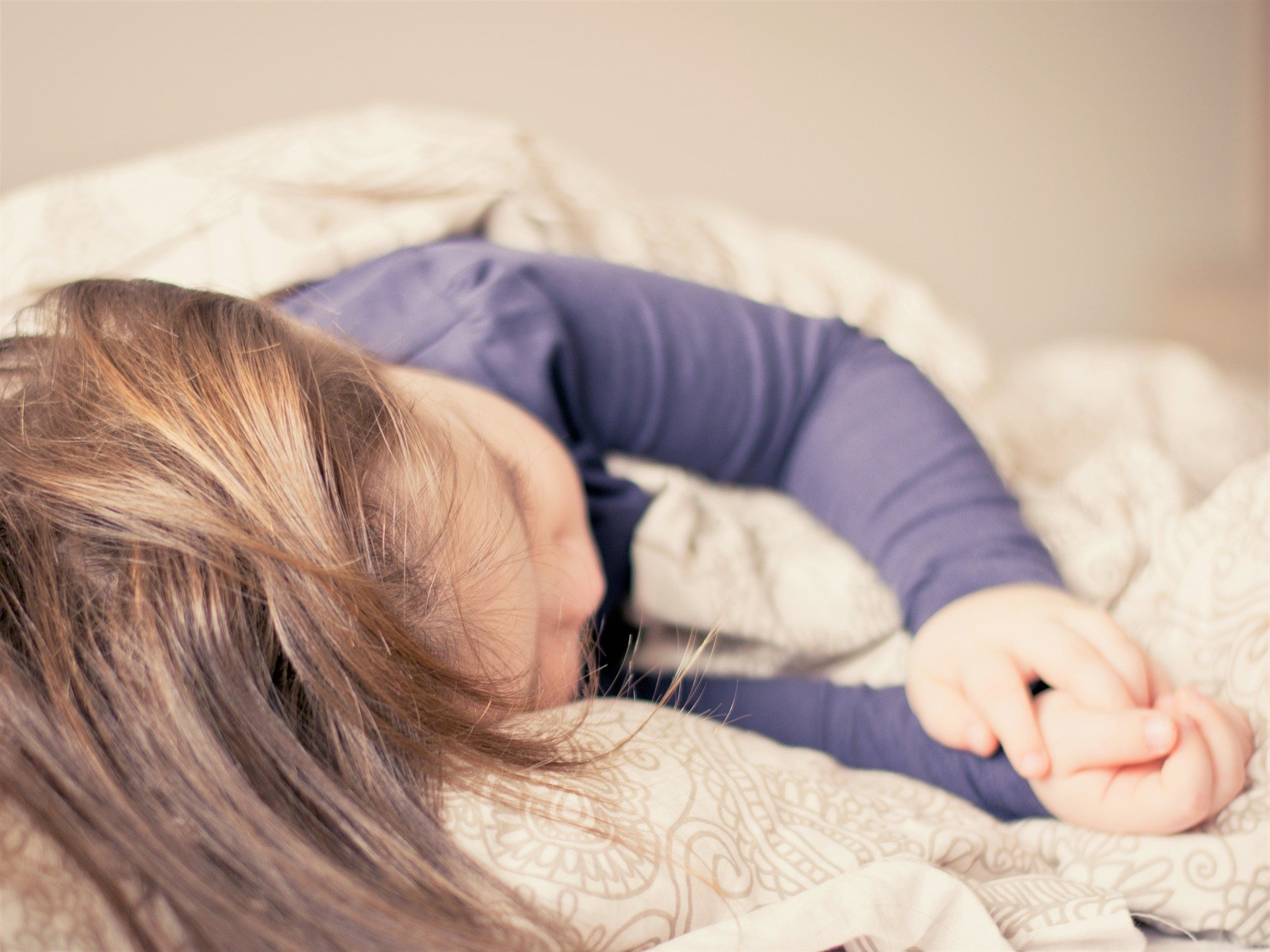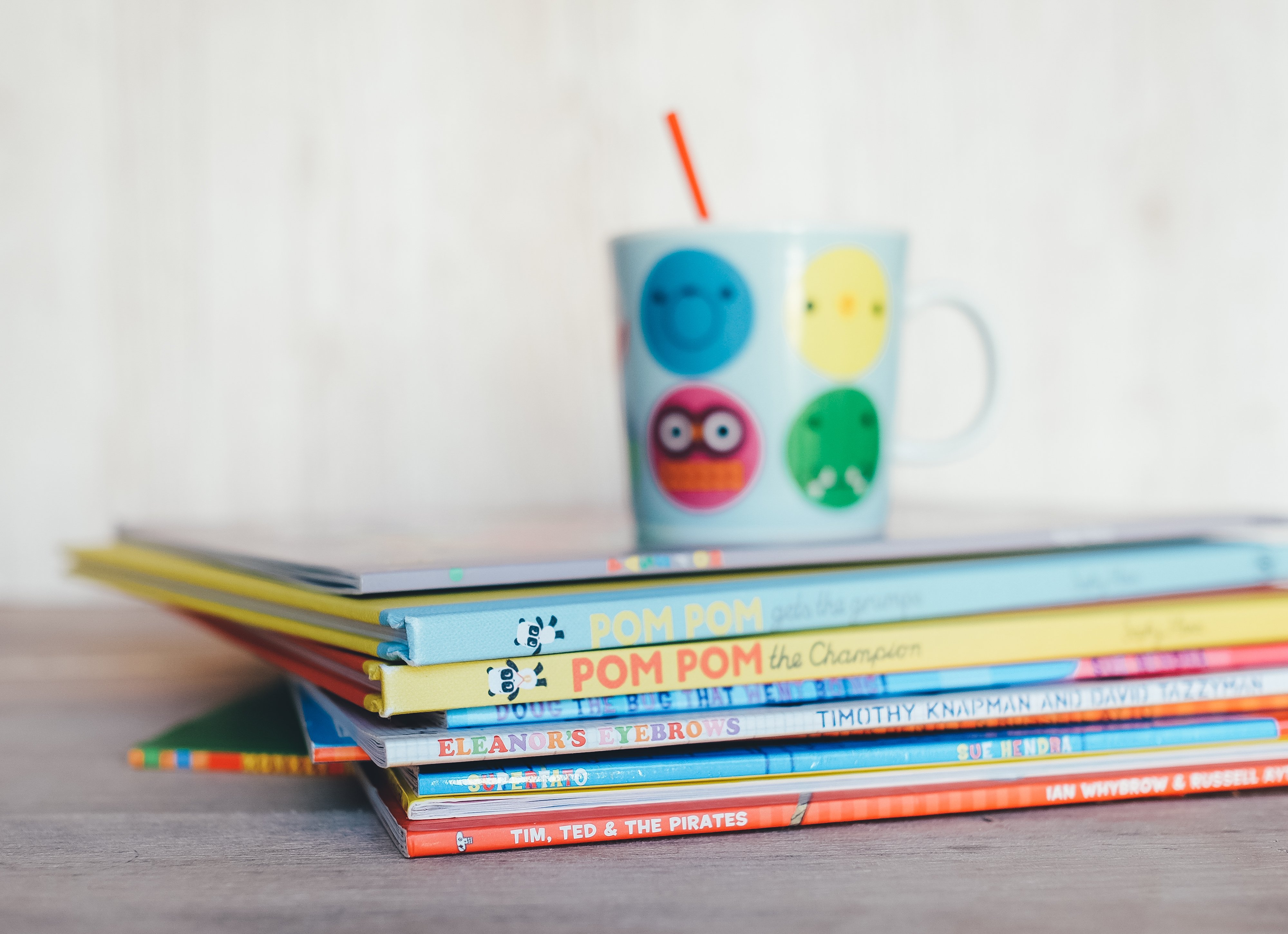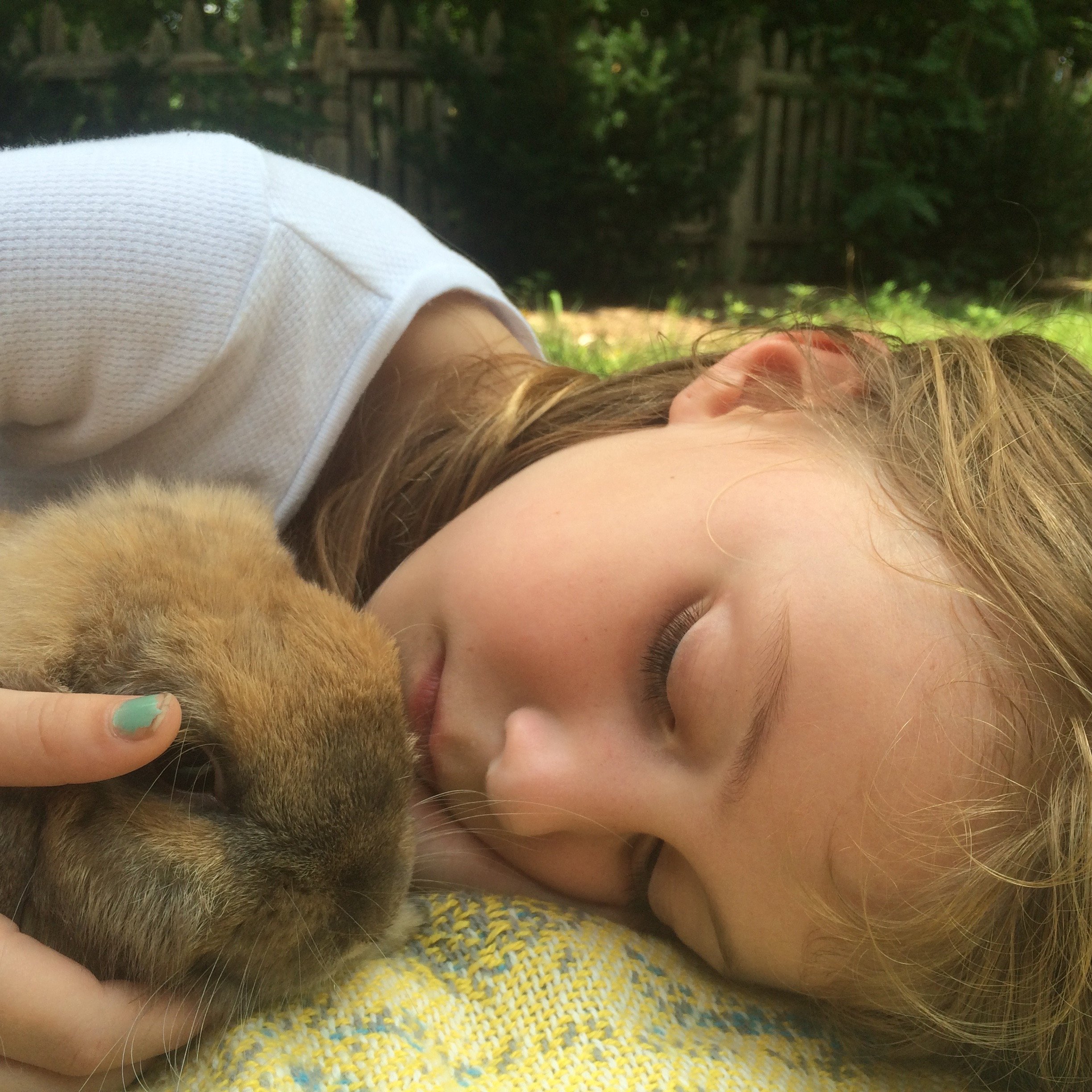Last Updated on June 29, 2022 by Rebecca Huff
Good Sleep Hygiene for kids is extremely important for us Moms who actually want some downtime or just to catch some Z's ourselves!
During the Sleep Challenge we have focused mostly on adults, but sleep is of utmost importance for healthy kids!
Moms know that bedtime can be troublesome for children (and their parents) so encouraging our kids to relax and get a good night’s sleep is one of our top priorities. Listening while they talk through issues that worry children can help them to let go of some of those stressors.
Make sure you are following my site for upcoming posts on best bedtime books for kids, sleep recommendations for teens, and much more on sleep! Make sure to join the Sleep Challenge! Also, The Bed Boss is offering the TOM Tribe an exclusive 20% discount on any of their amazing mattresses using the coupon code TOM20.
Parents know that their children aren't sleeping well at times but are not sure why. Even young children can fret about some things such as being separated from parents, being alone in general, getting along with siblings, irrational fears, friendships and issues at school. (Stop missing out on sleep by opting in to my sleep tips here!)
All these things are a normal part of childhood development, but it can also wreak havoc on their sleep hygiene! When our kids don't sleep, we usually miss out on shut-eye as well! As we all know, sleep is a critical part of the process of development in children.
One study showed an association between sleep problems including insufficient sleep and compromised neurobehavioral functioning or other behavioral characteristics including mood and emotion regulation. Sleep is without a doubt a critical part of development for children.
Toddlers who miss sleep are more likely to display behavior problems such as tantrums, aggressive behavior, and hyperactivity. With this information, you can feel comfortable knowing that you are doing the right thing when you establish good sleep hygiene habits for your children. Even when they insist they are not tired, keep in mind that an early bedtime is essential for their development.

You may be wondering how much sleep children need. Just how much is contingent on the age of your child. According to research an early bedtime, say between 7-8 p.m. works best for babies and youngsters through school age. The standard recommendations I have found from experts seems to be:
Birth through about two years: 12-18 hours. A newborn is more likely to sleep and wake throughout the day because they haven't yet established sleep cycles. Sleep patterns will be established as baby nears toddlerhood.
Toddlers: 11-14 hours. Toddlers approaching midway to their second birthday will most likely drop down to one nap per day, generally lasting from 1-3 hours. Therefore they will need to increase the hours they sleep at night.
3-5 years: up to 12 hours. At this age, sleep challenges arise as children are actively using their imagination and often start having bad dreams
5-12: about 11 hours. Adequate sleep is still necessary at this age even though interests are increasing which creates a temptation to stay awake past their bedtime.
Teenagers: up to 10 hours. Essential typically need around 10 hours sleep a night. It is important for young adults, however, to maintain good sleep hygiene by logging no less than eight hours per night. (I'll talk more about teenagers and sleep in a future post.)
It is preferable to schedule children's naps earlier in the day as opposed to later in the afternoon. Offering a long afternoon nap can be detrimental to your bedtime routine, as many a young mom has discovered!
While many adults rarely can obtain the much-needed eight hours of sleep it may seem like we are expecting too many hours of slumber for our children. However, sleep is crucial for their development.
Not only does inadequate sleep affect a child's energy levels the following day but also the development of their brains. Sleep helps maintain the brain. Lack of sleep has been shown to contribute to attention problems, learning disorders, depression, anxiety, obesity, and lack of good judgment.
Our body needs sleep for every system to function properly. Human growth hormone production is optimal in children who get an adequate amount of sleep.
One question parents often ask is, how do I get my kid to sleep and to stay asleep?
A tried and true method for most young children is reading books! Children who are first establishing good sleep hygiene are also expanding their ever growing imaginations. So take advantage by reading to them at night. Not only is it relaxing for them it is also a way to get quality time in with your child and create memories that will last a lifetime. Not to mention, it's educational!

Kids thrive on routine. One of the best ways to eliminate bedtime struggles is to stick to a bedtime. Tucking your children in at the same hour, after the same routine, night after night is good sleep hygiene and will create healthy habits that last well into adulthood.
Another important aspect of good sleep hygiene for kids is to keep their bedroom dark and quiet. If your child is disturbed by noises from outside that scare or keeps them awake, utilization of a white noise machine can be helpful. It is most advisable to keep televisions and all electronics out of children's bedrooms. Keep night lights in hallways and bathrooms, then keep the floor clear so they can make their way to the restroom if necessary.
Most parents tend to worry that kids will be too cold at night. However, it is best not to allow the bedroom to get too warm either. Room temperature of about 65 to 68 degrees Fahrenheit is the best for sleeping. Dress your child in a single layer of long pants and long sleeves. It might feel a bit cool, but studies have proven that a lower temperature is safe and may help them sleep better. While it is tempting to keep the room warm doing so increases the risk of SIDS among young infants
If necessary, put a room thermometer in the bedrooms to make sure that you can keep it at the optimal temperature. Knowing for sure what the temperature will keep you from worrying all night. Using a fan can decrease the risk of your baby contracting SIDS by 72% according to a study by California-based healthcare providers Kaiser Permanente. If your child's hands and feet look discolored, this is an indication that your baby is too cold.
Keep in mind that sleepiness can mimic symptoms of attention deficit-hyperactivity disorder (ADHD). Children often act as if they're not tired, resisting bedtime and becoming hyper as the evening goes on. All this can happen because the child is overtired. Start practicing good sleep hygiene with your kids to benefit the entire family.
Grab your Sleep Hygiene for Kids PDF!

References:
The Adler Center for Child Development and Psychopathology, Department of Psychology, Tel Aviv University, Ramat Aviv, Tel Aviv, Israel 69978
Coleman-Phox, Kimberly, Roxana Odouli, and De-Kun Li. “Use of a fan during sleep and the risk of sudden infant death syndrome.” Archives of pediatrics & adolescent medicine 162.10 (2008): 963-968.
“How much sleep do babies and kids need? – Sleep Foundation.”. N.p., n.d. Web. 19 Mar. 2017 .


 Clean Cooking: Gluten-Free, Dairy-Free, and Sugar-Free Recipes
Clean Cooking: Gluten-Free, Dairy-Free, and Sugar-Free Recipes
>According to research an early bedtime, say between 7-8 p.m. works best for babies and youngsters through school age.
Hmm… looks like I have some adjustments to make. I’ve been having my kids go to bed at 9 p.m. all this time. I figured it didn’t make a difference as long as they’re getting enough sleep, but now that I think about it perhaps it does make more sense to have them go to bed earlier.
I never really thought about it either until I started to read a lot of research. I started out thinking that if I kept them up later they would sleep longer, but it turned out that if I put my babies down around 7-8 they would actually sleep longer. To my way of thinking, keeping them up as late as possible would make them sleep in later, but it never worked out that way. Even though it seems counterintuitive, I started putting them down earlier and they always slept well through the night and woke up happy. I guess it depends too, on what age you start putting them to bed earlier. I think perhaps an 8 or 9-year-old might not be happy if the bedtime was changed earlier LOL